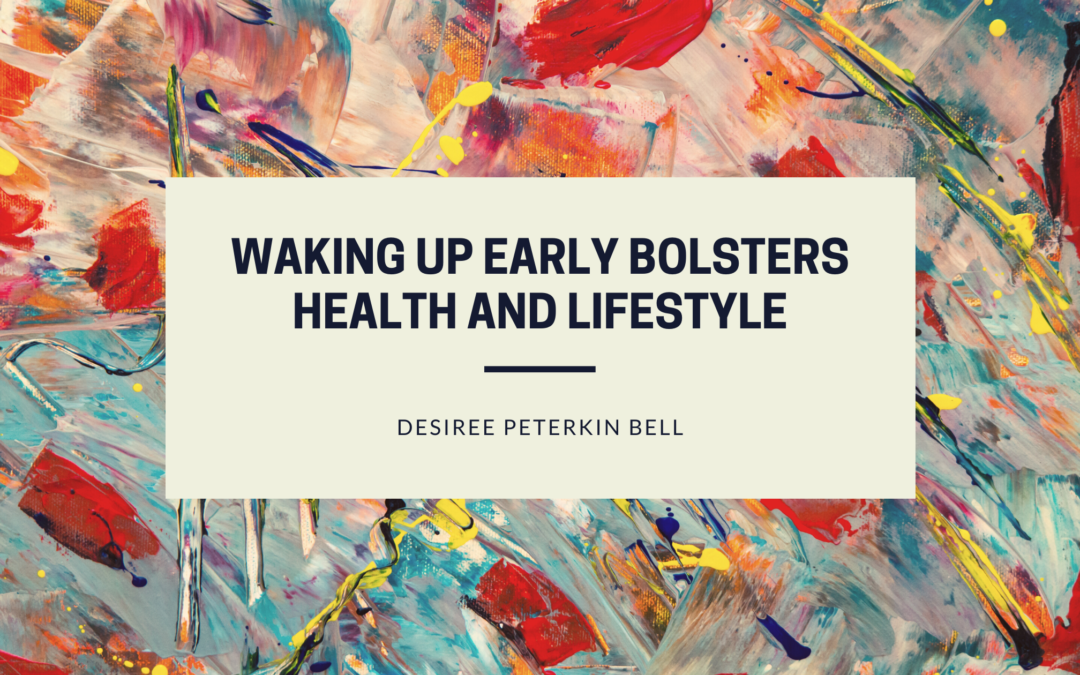The American statesman, publisher and genius Benjamin Franklin delivered this famous phrase in his Poor Richard’s Almanac in 1735:
“Early to be, early to rise makes a man healthy, wealthy and wise.”
But is it true? Modern science has long been trying to get to the bottom of early rising as a benefit to health and lifestyle in general. The bulk of the findings appear to bear out the dictum of our famous kite-flying Founding Father.
First of all, one can cite the example of many super successful and famous people who are well-known to be early risers. Apple CEO Tim Cook said he gets up at 3.45 a.m. as a matter of routine. Oprah Winfrey jumps out of bed every morning at 6:02 a.m. (Yes, exactly 6:02 not 6:00!). Actor Mark Wahlberg tops them all with a standard rising time of 2:45 a.m.
A significant benefit of waking up at least an hour before you have to start work is that you overcome the problem of “sleep inertia.” That’s the period after waking in which get beyond the “fog of sleep” to a state of full wakefulness. Studies show this period can last as long as two to four hours for some people. Thus, if you get up at 8:30 and need to be at work by 9:00, you are likely starting your job without being fully awake. This can lead to errors and, in the case of people operating machinery, serious accidents that cause physical harm. There’s also the commute to work in heavy traffic to consider.
In general, then, giving yourself ample time to overcome sleep inertia makes for a healthier lifestyle by preventing early morning mishaps.
For women, a fascinating study showed that females who get up earlier may actually prevent mental illness. A study published in the Journal Psychiatric Research showed that early rising women had less incidence of depression, anxiety disorder and certain mood disorders.
Another study found that getting early can prevent depression in both men and women. The reason is that getting up early allows people to be exposed to the early morning sun and more sunlight in general. The leader of the study, Dr. Daniel Kripke of the University of California, said getting up with the sun helps the human body get into balance with its natural circadian rhythms –- and this can be more effective than prescription antidepressant drugs.
